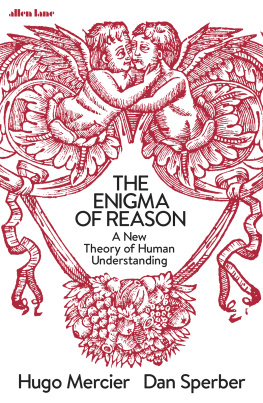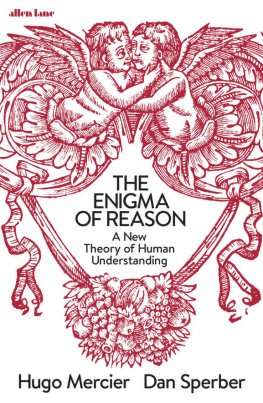Joshua Ramussen - How Reason Can Lead to God: A Philosophers Bridge to Faith
Here you can read online Joshua Ramussen - How Reason Can Lead to God: A Philosophers Bridge to Faith full text of the book (entire story) in english for free. Download pdf and epub, get meaning, cover and reviews about this ebook. year: 2019, publisher: InterVarsity Press / IVP Academic, genre: Religion. Description of the work, (preface) as well as reviews are available. Best literature library LitArk.com created for fans of good reading and offers a wide selection of genres:
Romance novel
Science fiction
Adventure
Detective
Science
History
Home and family
Prose
Art
Politics
Computer
Non-fiction
Religion
Business
Children
Humor
Choose a favorite category and find really read worthwhile books. Enjoy immersion in the world of imagination, feel the emotions of the characters or learn something new for yourself, make an fascinating discovery.
- Book:How Reason Can Lead to God: A Philosophers Bridge to Faith
- Author:
- Publisher:InterVarsity Press / IVP Academic
- Genre:
- Year:2019
- Rating:4 / 5
- Favourites:Add to favourites
- Your mark:
- 80
- 1
- 2
- 3
- 4
- 5
How Reason Can Lead to God: A Philosophers Bridge to Faith: summary, description and annotation
We offer to read an annotation, description, summary or preface (depends on what the author of the book "How Reason Can Lead to God: A Philosophers Bridge to Faith" wrote himself). If you haven't found the necessary information about the book — write in the comments, we will try to find it.
How Reason Can Lead to God: A Philosophers Bridge to Faith — read online for free the complete book (whole text) full work
Below is the text of the book, divided by pages. System saving the place of the last page read, allows you to conveniently read the book "How Reason Can Lead to God: A Philosophers Bridge to Faith" online for free, without having to search again every time where you left off. Put a bookmark, and you can go to the page where you finished reading at any time.
Font size:
Interval:
Bookmark:
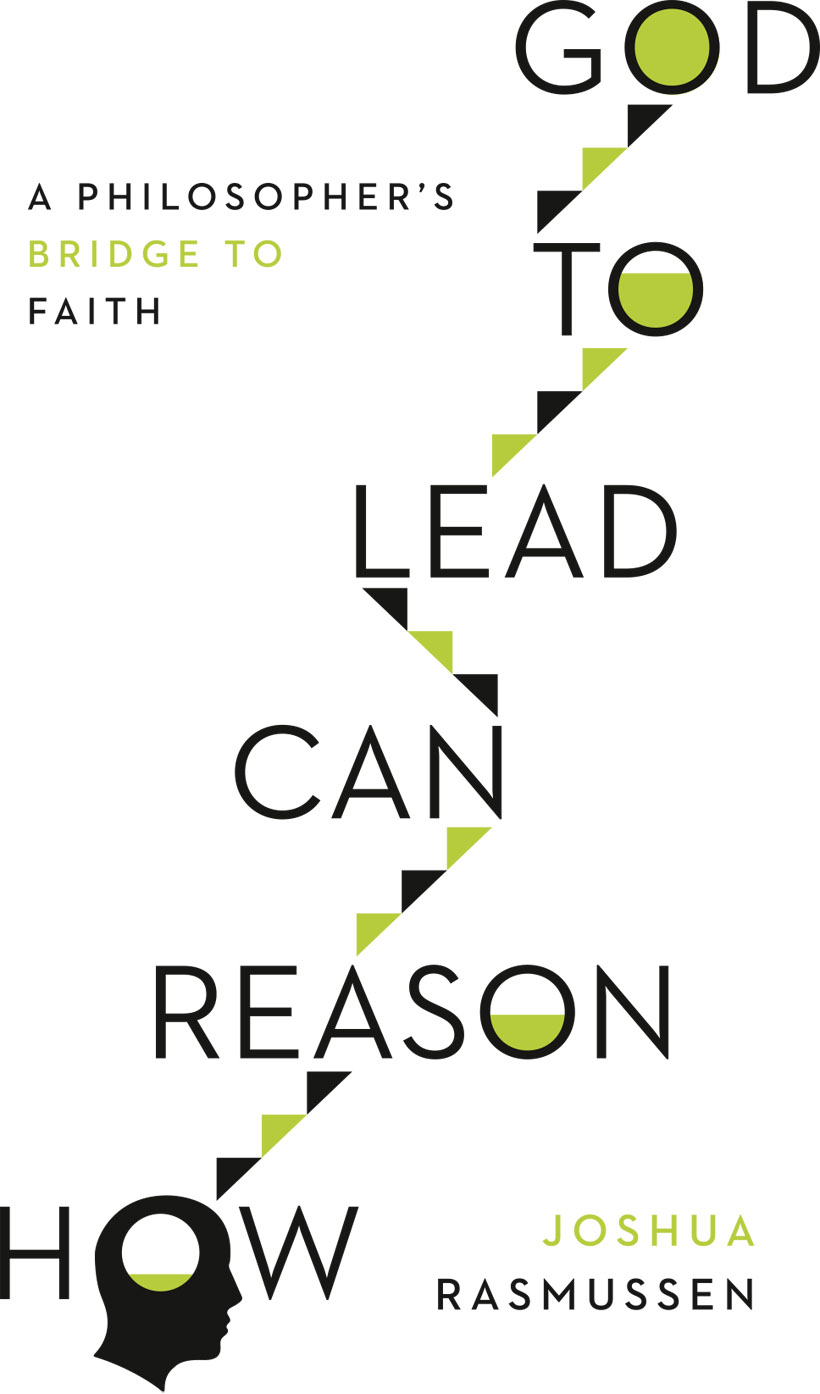

InterVarsity Press
P.O. Box 1400, Downers Grove, IL 60515-1426
ivpress.com
2019 by Joshua Rasmussen
All rights reserved. No part of this book may be reproduced in any form without written permission from InterVarsity Press.
InterVarsity Pressis the book-publishing division of InterVarsity Christian Fellowship/USA, a movement of students and faculty active on campus at hundreds of universities, colleges, and schools of nursing in the United States of America, and a member movement of the International Fellowship of Evangelical Students. For information about local and regional activities, visit intervarsity.org.
All Scripture quotations, unless otherwise indicated, are taken from The Holy Bible, New International Version, NIV. Copyright 1973, 1978, 1984, 2011 by Biblica, Inc.Used by permission of Zondervan. All rights reserved worldwide. www.zondervan.com. The NIV and New International Version are trademarks registered in the United States Patent and Trademark Office by Biblica, Inc.
Cover design: David Fassett
Interior design: Daniel van Loon
Image: silhouette head: CSA Images / Getty Images
ISBN 978-0-8308-6642-7 (digital)
ISBN 978-0-8308-5252-9 (print)
This digital document has been produced by Nord Compo.
For my skeptical friends
I write for a specific sort of person. You value reason, science, and independent thinking. You question beliefs propped up by faith without sufficient evidence. Maybe you would like your life to have a deeper purpose, but you cannot believe something based on a mere wish. Whether you are a student, an academic, or just a curious person, you want one thing: the truth. If you can relate, this book is for you.
You might worry that this book is not about truth, not really. From the title, you might wonder whether I might be trying to use reason to rationalize a prior conclusion. Am I trying to contort truth to fit with my convictions? Am I interested in facing reality, even if it contradicts my desires or existing framework? Am I willing to be wrong? If you have these questions, this book is especially for you. I want you to ask these questions. They are the mark of an explorer. They are the questions that sparked my own journey, which ultimately led me to write this book.
I want this book to serve you no matter what perspective you come from. My purpose is not to knock you over with arguments or to suggest that you can only be rational if you agree with my viewpoint. Instead, I want to share with you some of the steps in my own journey in the hope that those steps may encourage you in yours.
My reason for writing this book is to mark out a pathway, step by step, that can inspire a greater vision of the ultimate foundation of everything. I begin with a story of my own journey. Then I begin the project of constructing a bridge of reason for your examination and exploration. In the final chapters, I examine common questions about evil and suffering that can present obstacles to the destination.
While our inquiry will reach to the deepest layer of reality, I aim to make this book as readable as I can. Thus, I seek to replace all technical jargon with commonsense definitions in ordinary language. I never rest an argument on scholarly authority. Instead, I use the instruments of reason and common experience to serve you in your quest.
In my effort to maximize the value of this bridge, I follow three construction rules:
Rule 1. Make it inclusive: use materialsreason and experiencethat are accessible to a wide audience, so you can check each piece.
Rule 2. No guessing: build each part on principles that you can see to be true.
Rule 3. Aim to serve: make a bridge that you can make your ownto analyze, reorganize, and build upon further.
Enjoy the journey.
I am grateful for the invaluable feedback from many readers of earlier drafts. Thank you, especially, to Annesley DeHaven, Marc Dragoo, Jonathan Casad, Tyron Goldschmidt, Alan Leahy, Mila Lucia, David McNutt, Samuel Peterson, Charles Rasmussen, Jennifer Rasmussen, Joseph Schmid, Jared Smith, and Justin Stewart. Special thanks goes to my wife, Rachel, who brought her own touch of wisdom and beauty to every chapter.

F rom as early as I can remember, I have felt drawn to question things. When I was in second grade, I recall imagining that my classmates were fictional characters invented by aliens. I wondered how I could know for sure my friends were real, like me. Some nights I would lie in bed thinking about my questions. How can numbers go on forever? What happens if I travel back in time and stop myself from travelling back in time?
In my late teens, however, someone elses questions led me to questions I had never considered before. It started in a biology class. The questions that turned my mind were not about biological evolution. Rather, I met someone who didnt believe in any ultimate purpose. For the first time, I began to question the origin of everything.
As I talked with my non-believing friend, it became evident to me that he was sincere in his questions. He didnt appear to be trying to hide from a cosmic authority. In fact, he said he wished he could believe in a benevolent being who governs the world. His only problem, he said, was that he didnt have a sufficient reason to believe. He seemed nice and thoughtful.
I tried out a few arguments. In one argument, I asked him about the cause of the Big Bang. I proposed that there would need to be something that caused the first events. He seemed relaxed and curious as he listened to my argument. He then replied with questions. None of my arguments answered his root concerns.
After those initial conversations, a troubling question entered my mind: Why wouldnt a perfectly loving being make its existence more obvious to my classmate? Until then, I felt secure in the basic framework I knew from childhood. It made sense to me that meaning and purpose filled the universe. This purpose-filled understanding of things colored the background of my mind like a blue sky.
Yet my conversations with my friend caused that background to darken. More questions came like a flood. I wondered why news of the right religion is restricted to certain cultures and times. I wondered how it can be fair for someone to be condemned for having wrong beliefs. I wondered why pain and death pervade the animal kingdom. I wondered why so many babies, who have done no wrong, die without having any chance to pass the tests of life.
My questions led to doubts. My doubts led to more questions.
I walked home from school feeling heavy. When I arrived home, I had no energy. I walked into my room and plopped onto my bed. I felt worried. I was worried that everything is ultimately meaningless.
Then, as I lay on my bed, I got an idea. I could ask for a sign. The idea sparked action. I whispered, If you move my ceiling fan, Ill know you are there. I waited to see if the divine power I had believed in would respond.
Font size:
Interval:
Bookmark:
Similar books «How Reason Can Lead to God: A Philosophers Bridge to Faith»
Look at similar books to How Reason Can Lead to God: A Philosophers Bridge to Faith. We have selected literature similar in name and meaning in the hope of providing readers with more options to find new, interesting, not yet read works.
Discussion, reviews of the book How Reason Can Lead to God: A Philosophers Bridge to Faith and just readers' own opinions. Leave your comments, write what you think about the work, its meaning or the main characters. Specify what exactly you liked and what you didn't like, and why you think so.

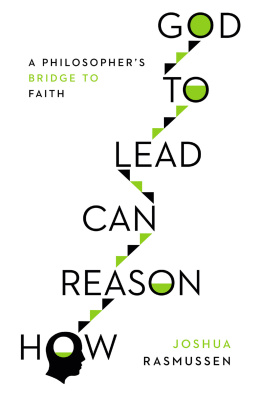
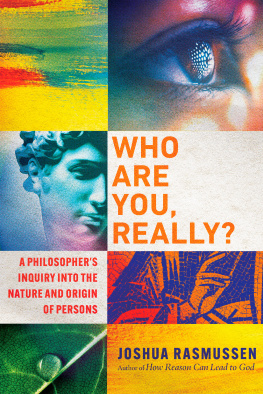

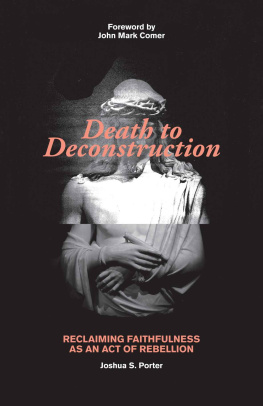

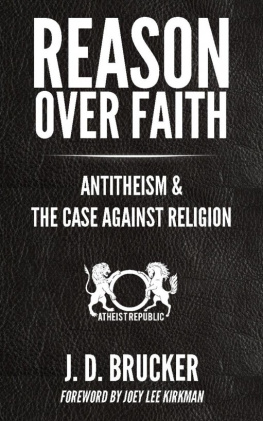
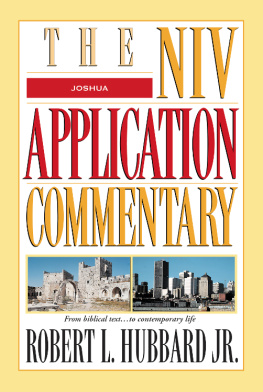
![Joshua Backfield [Joshua Backfield] - Becoming Functional](/uploads/posts/book/120483/thumbs/joshua-backfield-joshua-backfield-becoming.jpg)
